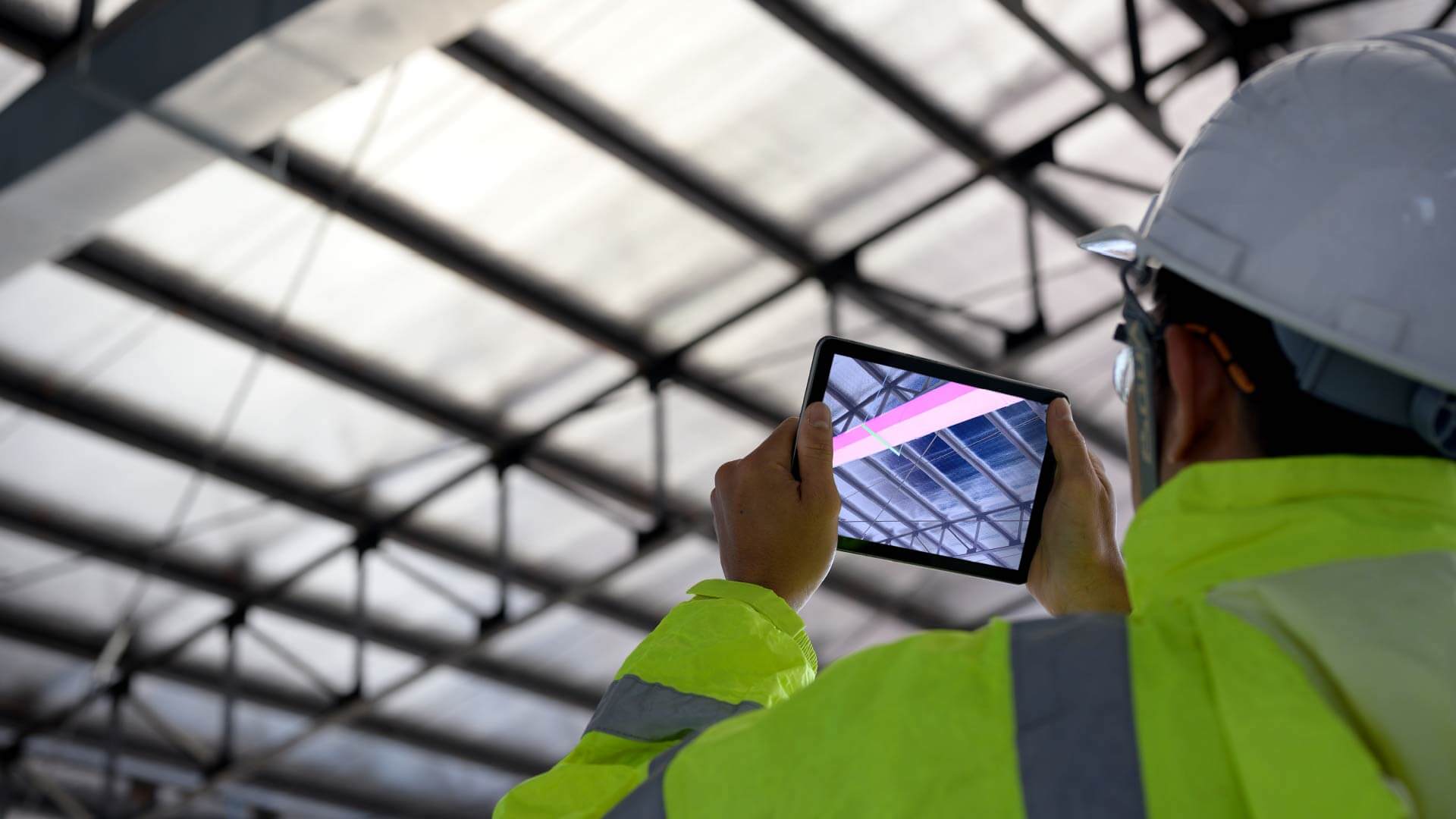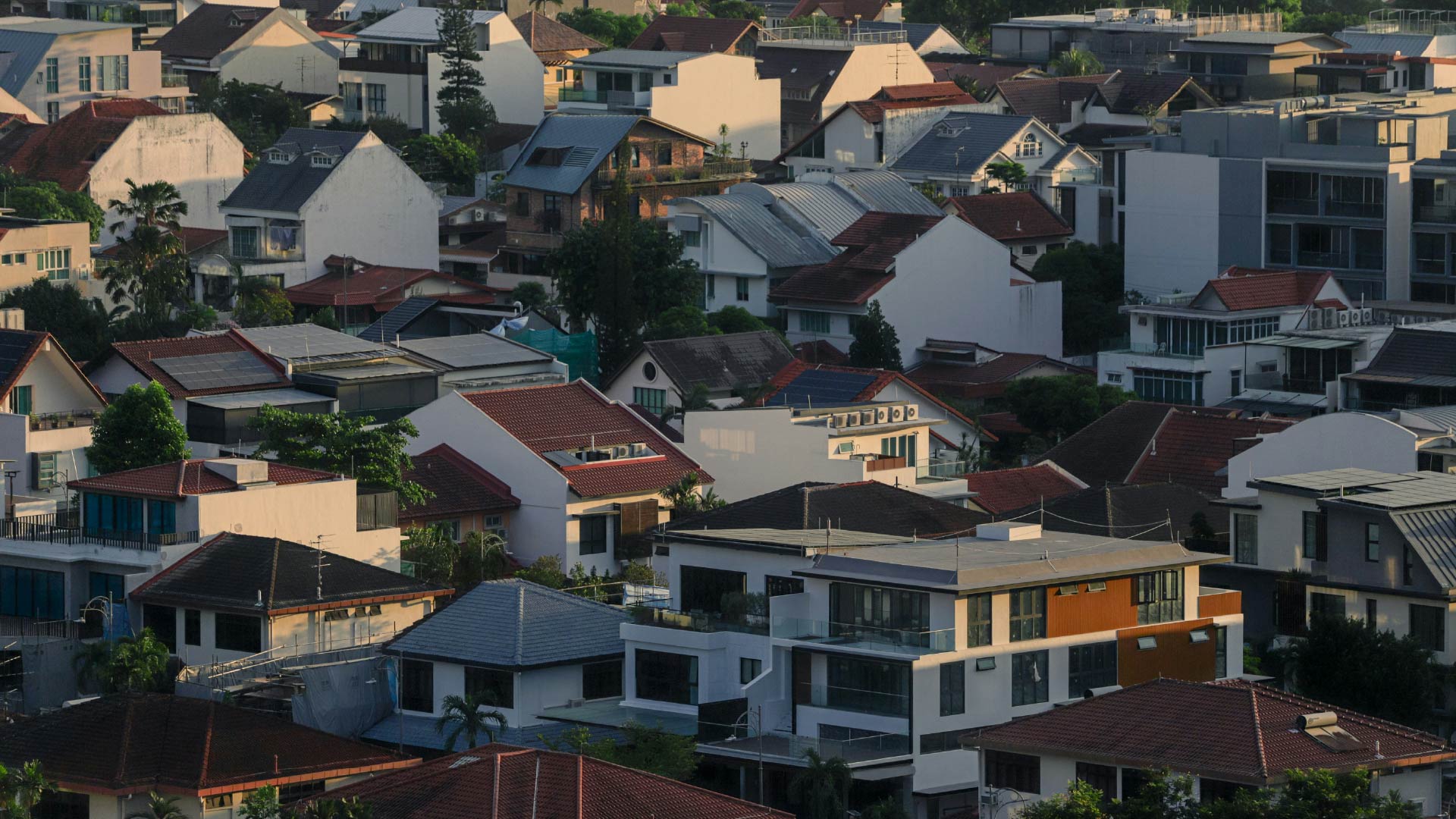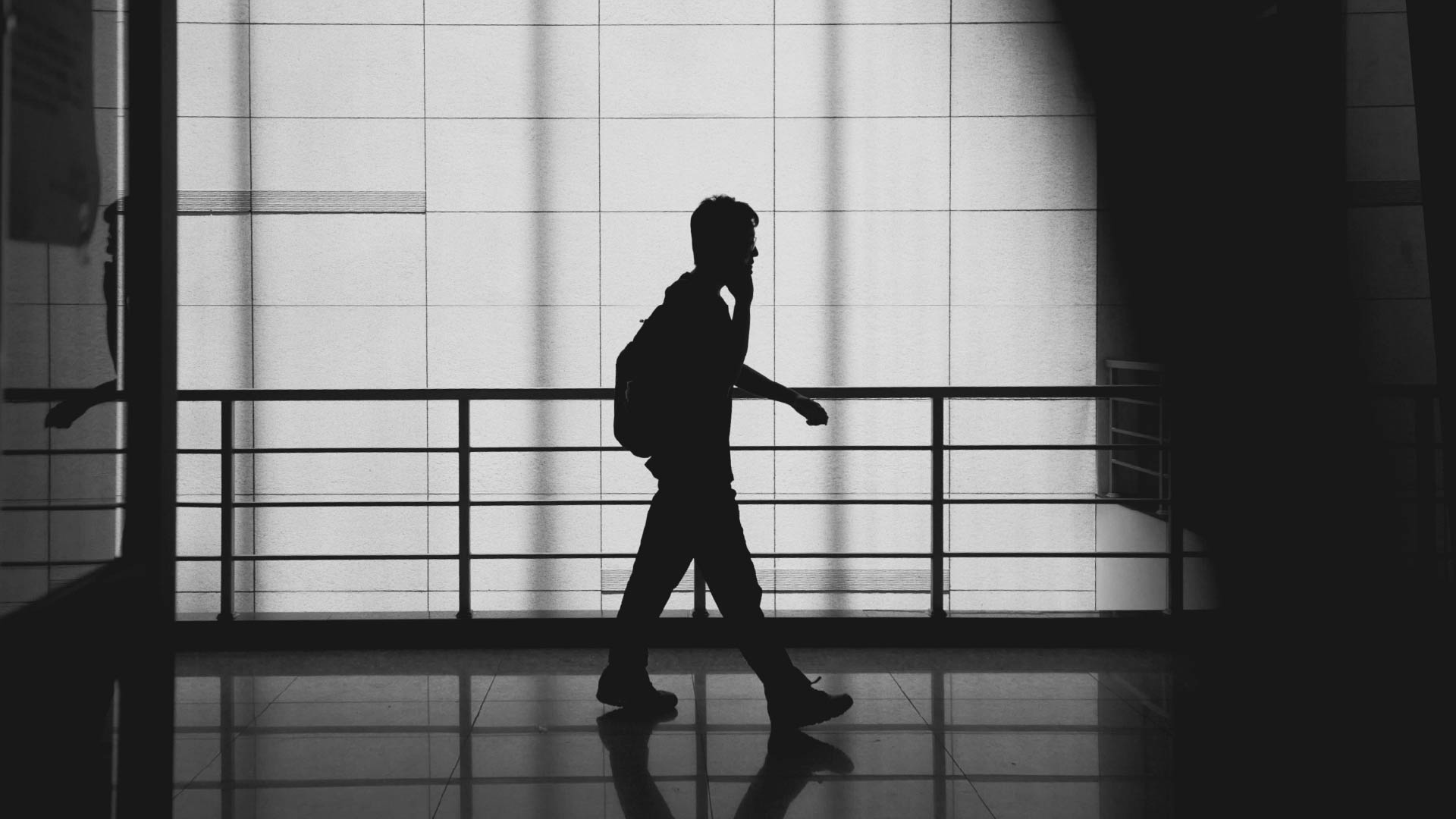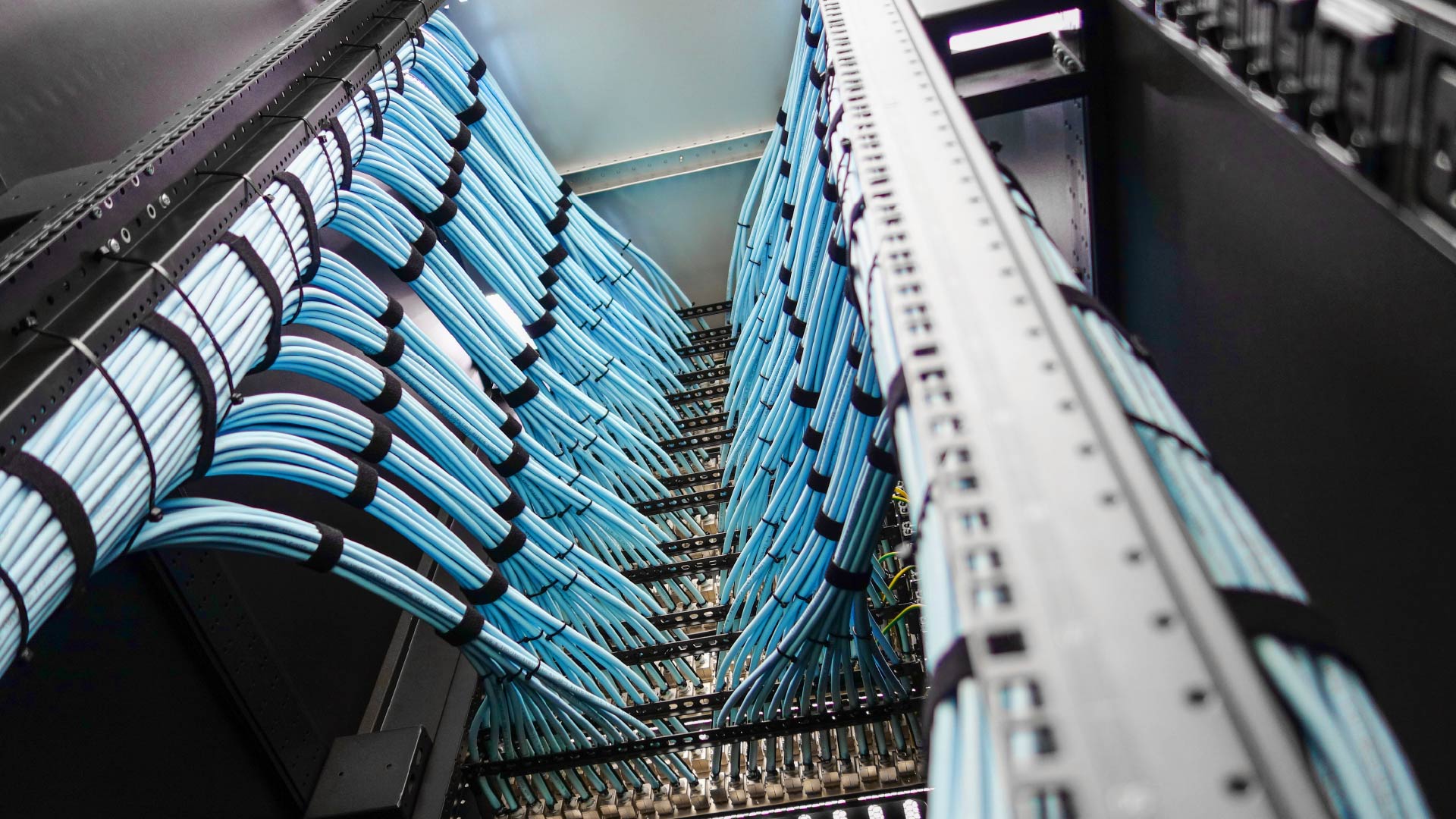Organizations Using Facial Recognition Technology For COVID-19 Management Will Face Fresh Hurdles

Verdantix Insights
23 Jul, 2020
Even though facial recognition is one of the most controversial technologies of 2020, some organizations are stepping up their deployment of this technology for COVID-19 management. For example, in Zhengzhou, China, facial recognition gates were set up at underground stations to monitor the movement of citizens to support track and trace efforts. Similarly, authorities in Moscow and Gdynia, Poland have deployed facial recognition with street-level surveillance cameras to track individuals. PwC recently developed a facial recognition tool to monitor traders working from home. The software tracks users through their webcam, requiring absences from the screen, even for comfort breaks, to be explained with a written response.
Recent backlash against facial recognition has centred around gender and racial bias within the technology. In June 2020, IBM announced that it would no longer develop or research general purpose facial recognition technology, citing issues of bias. This followed a 2019 study by the National Institute of Standards and Technology that found characteristics such as age, gender and race significantly impacted the accuracy of algorithms supporting facial recognition.
Another long-running concern is the concept of a ‘big brother’ society. Facial recognition could support unlawful mass surveillance, racial and political profiling, and the violation of human rights and freedoms by authorities. Amazon recently suspended police force use of its Rekognition software for a year, citing the need for stronger regulation. AI researchers at Google, Facebook, Microsoft, and leading universities had previously asked Amazon to cease the sale of its ‘flawed’ software to law enforcement.
Fresh hurdles for the technology include face masks. The US Department of Homeland Security is worried that public use of face masks will diminish the accuracy of the software. Experts in the field believe face masks will lead to more false positive identifications before the software is properly trained.
As public bodies seek new tools to help them track and trace citizens for COVID-19, they should take a cautious approach to facial recognition technology. Other options, such as tracking mobile data or contact tracing apps, are likely to be easier and cheaper to roll out.
Recent backlash against facial recognition has centred around gender and racial bias within the technology. In June 2020, IBM announced that it would no longer develop or research general purpose facial recognition technology, citing issues of bias. This followed a 2019 study by the National Institute of Standards and Technology that found characteristics such as age, gender and race significantly impacted the accuracy of algorithms supporting facial recognition.
Another long-running concern is the concept of a ‘big brother’ society. Facial recognition could support unlawful mass surveillance, racial and political profiling, and the violation of human rights and freedoms by authorities. Amazon recently suspended police force use of its Rekognition software for a year, citing the need for stronger regulation. AI researchers at Google, Facebook, Microsoft, and leading universities had previously asked Amazon to cease the sale of its ‘flawed’ software to law enforcement.
Fresh hurdles for the technology include face masks. The US Department of Homeland Security is worried that public use of face masks will diminish the accuracy of the software. Experts in the field believe face masks will lead to more false positive identifications before the software is properly trained.
As public bodies seek new tools to help them track and trace citizens for COVID-19, they should take a cautious approach to facial recognition technology. Other options, such as tracking mobile data or contact tracing apps, are likely to be easier and cheaper to roll out.
Discover more Building Digital Platforms & Operational Tech content
See More
About The Author

Verdantix Insights



-_main-image.jpg?Status=Master&sfvrsn=ec07938d_1)

